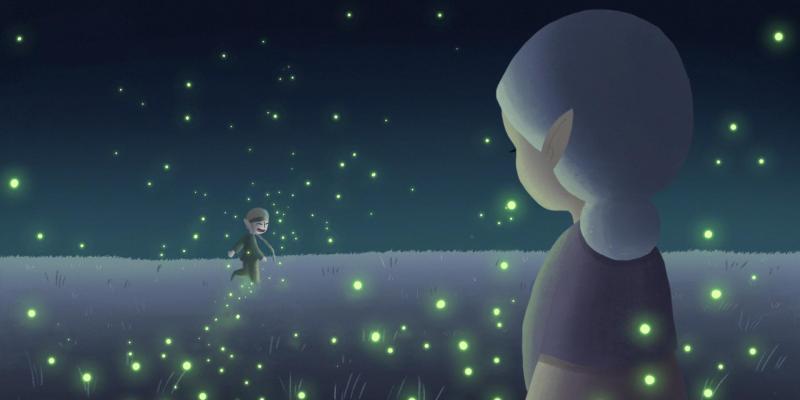If you’ve attended the Penny Arcade Expo in Seattle in the last few years, you might’ve seen a booth for Cricket: Jae’s Really Peculiar Game.
Cricket is an indie RPG that takes equal cues from Korean mythology, children’s books, and Earthbound. It’s been in production at Studio Kumiho, an indie developer from Redmond, Washington, for the better part of the last five years. In Cricket, you play as Jae, a Korean-American kid who goes on a quest with his friends to reach the moon, where he hopes to be granted a single wish.
Studio Kumiho has exhibited Cricket at PAX for the last few years, and at the 2023 show, it debuted its publishing deal with Los Angeles-based PM Studios. At the time of writing, PM plans to release Cricket on Steam in the second quarter of 2024.
PAX West is my hometown show, and I’ve covered it for the last few years. As a result, I’ve seen Cricket progress over time, from its earliest playable demo to its current pre-release build. Last time around, I had a conversation with Studio Kumiho’s CEO and lead programmer Jimmy Spencer about Cricket’s road to release, what he’s gone through in his attempts to find a publisher, and what advice he’d give other indie studios who are looking for a similar deal.
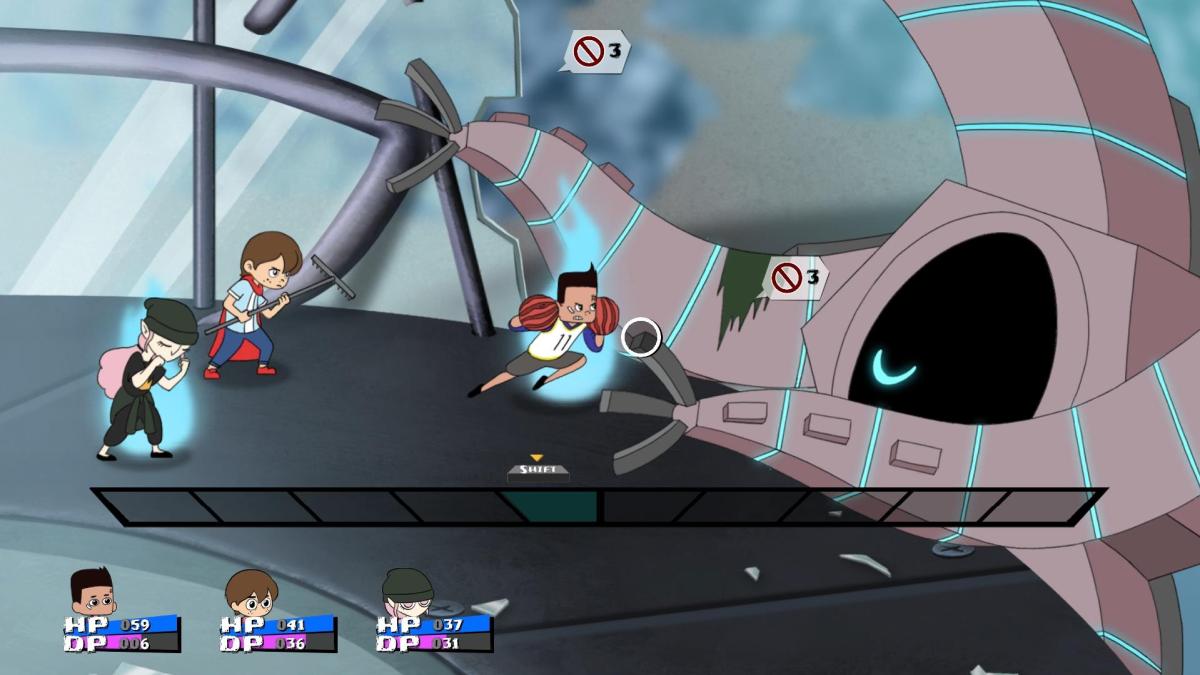
The Escapist: Can you talk about how you ended up working with PM Studios?
Jimmy Spencer: At first, we tried to go it alone. We were told, “Pitch early, pitch often,” so we built out a simplistic slide deck and a simple budget plan. I was shopping it around at PAX 2018 with a very early build.
I want to take this moment to push back on that adage. Someone at a games-industry meetup was stressing it to me, saying, “You cannot pitch too early.” Yes, you can. You absolutely can.
Because Cricket is a JRPG, a lot of the things that make JRPGs interesting are the aesthetics: your story, your characters, your art style. If you pitch early without those things being put together, publishers won’t get it.
That can happen to any genre, but with Cricket, I showed it when it was all done on tiles. It wasn’t as distinctive as it looks now, when it’s hand-animated. When publishers looked at the game, they’d say, “That’s it? You’re asking for 300K for this?” I could make people laugh with the writing, but because the aesthetic wasn’t quite together, it was hard to convince anyone to talk to us.
I will say that my proudest moment at that PAX was that I got Polish people to laugh at one of the jokes [in Cricket].
The joke was funny to somebody for whom English is a second language.
Exactly.
Related: Station to Station’s Creator Talks Making the Perfect Cozy Train Game
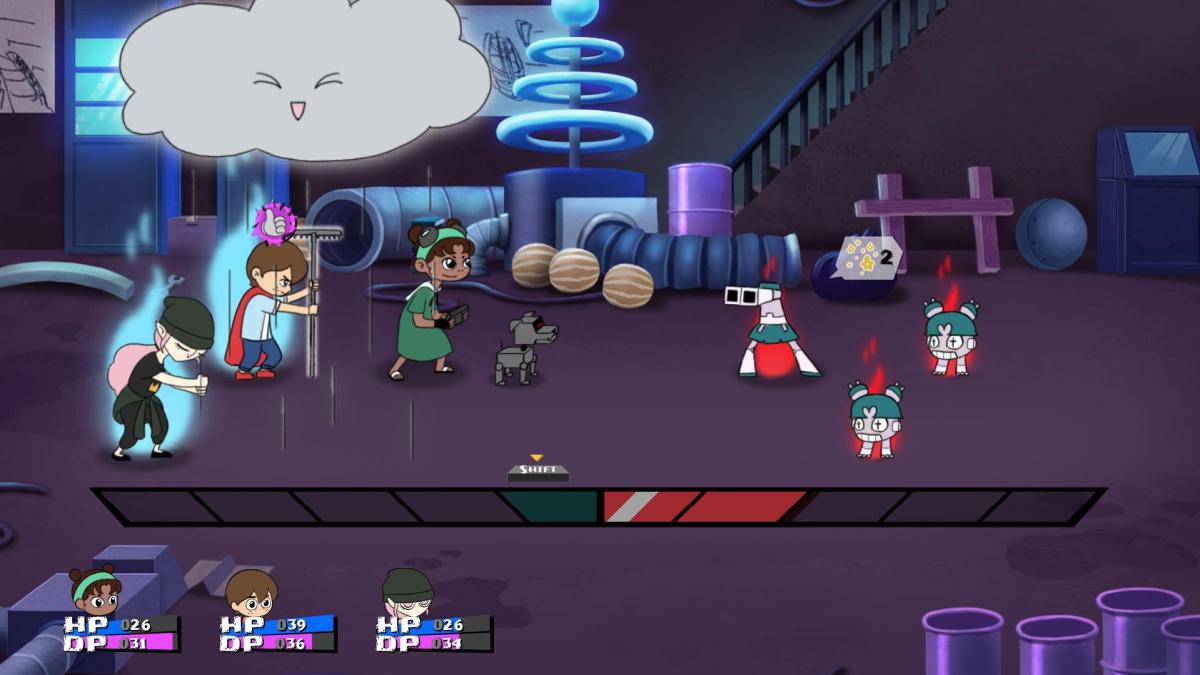
I will say, as an indie dev, use your best judgment. Look at your game. Take yourself out of the situation. Look at your game and ask yourself, “If I knew nothing about this game, and someone presented this to me, would I invest the amount of money they’re asking for?” Be honest with yourself. Ask your friends. Someone you can trust can give you good honest feedback.
We tried going it alone for a while. Then the 2020s were rolling around, and investment got really difficult, at least on our end. I reached out to PR folks to help us because I was pretty sure we were going to go to Kickstarter.
The PR folks said they were booked up but directed us to Seat 7 Entertainment, who shopped our stuff around. We made several different versions of our pitch deck with their direction, with a few new development budgets based upon what we thought we could do. “At 1.2 million dollars, we can get you this.” Etcetera.
What’s really important is networking. At PAX or GDC or what-have-you, you have to network. People have to know you because they’ll get you in front of the right people. You have to be present; people have to know you exist. There’s more to your game getting known than just throwing it out there on Twitter. Go to industry events. Meet people. Shake hands. Maybe get some sanitizer right afterwards, but you get the idea.
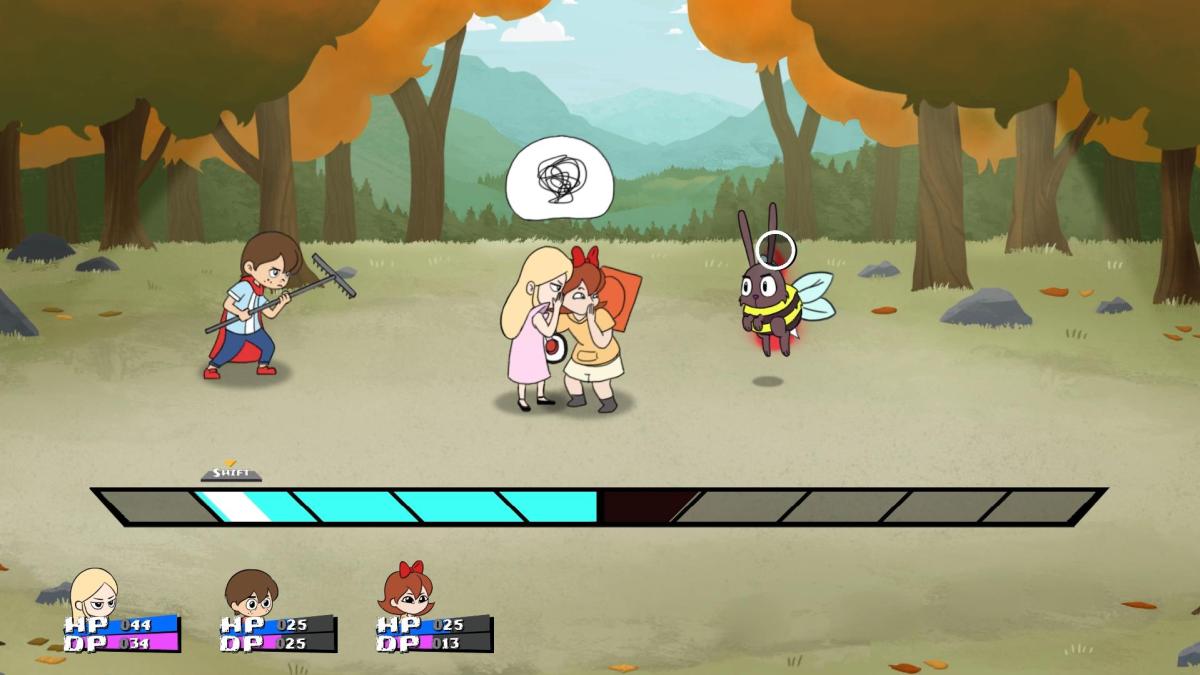
There does seem to be a misconception that if you’re doing a good enough job, you’ll magically find your audience.
That is not true. You have to seek them and meet them where they are. Even Twitter is bad at putting you in front of the right people. You have to find where your community is and build it.
Victoria Tran [PR director for Among Us] has a lot of articles on Medium about building community for your game. It’s easy to look back at that and say, “Of course it got a community,” but there’s a lot of wisdom in there.
They’ve made a lot of smart choices with that.
People will tell you, “I’ll make your game a meme, and that’ll ensure it’s a success.” I’d reply, “That’s a chicken-or-egg sort of thing.” Is it popular because it was a meme, or is it a meme because it was popular?
You have to find your audience. They’re all over the place, in little pockets, but you have to navigate to them and present your game in a way that will appeal to them. And y’know – if your game is popular on Twitter or Reddit or wherever, it’s probably a little easier to get a publisher. Remember, publishers are looking to put capital into something to get a bigger return. You need to be able to bring your budget to them.
In your pitch deck, make it clear that you’ve done research on your competition. Say, “With a game of the quality that we’re aiming for, you could make this much.” For ours, we brought in Undertale, CrisTales, and CrossCode, showing that these games, which aren’t part of a franchise, sold this many copies.
Also, be sure to figure out who owns what rights to the game, and don’t ever sign anything without having a lawyer read it first.
You said something at PAX: “Know your worth.”
You and your team have your lives and lifestyles. You shouldn’t have to suffer to develop your game. If you look at your game and think, “I could ask for $300,000 for this, but then I’d be eating ramen for the next five years,” don’t do that to yourself.
Ask for the amount that you actually think you could use to maintain your lifestyle. In my case, I need X dollars to live in this apartment with my dog and not suffer. Plan out your budget and how much you need for each person, then multiply it by however many months that you need.
Don’t sell yourself short because you think, “No one’s going to put $300K into this. What if I ask for $150K?” Ask for the amount that you need. Don’t kneecap yourself at the door.
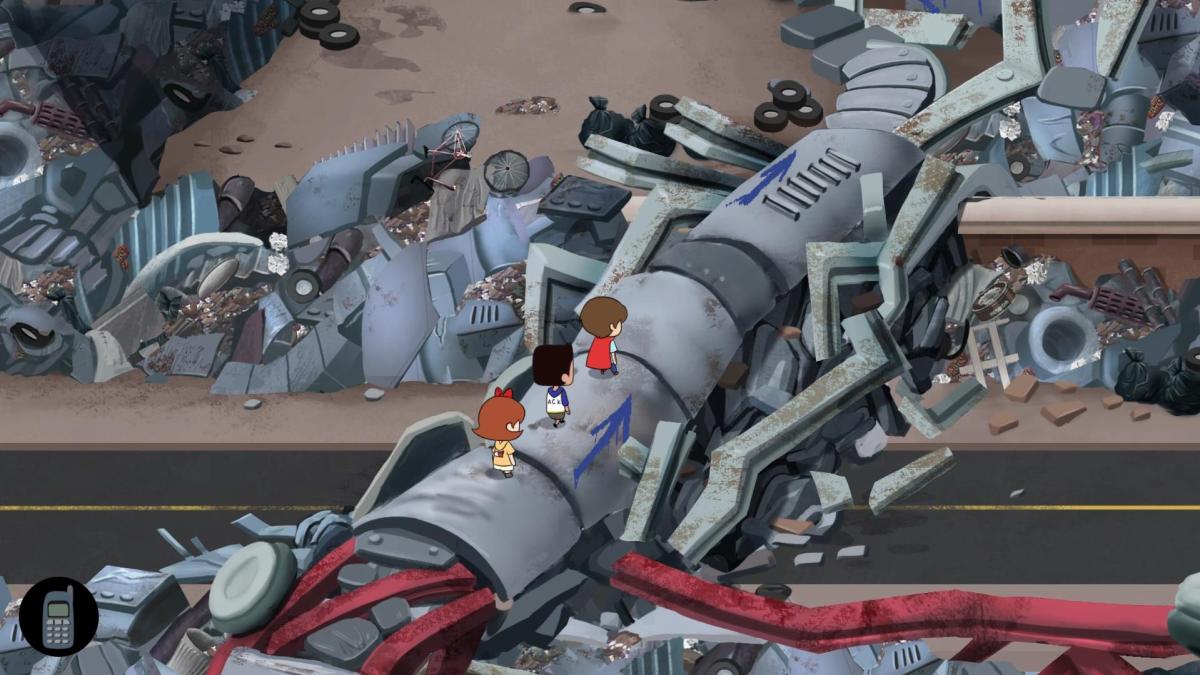
There’s always that instinct to try and sell yourself as a cheap date.
Publishers have budgets. Some are just looking for games in the $300K to $600K range. It’s okay to ask for $350K. If that’s going to maintain you and your team, and no one’s going to have to suffer or crunch, ask for that.
That was one email I got. “We like the game, but we’re looking to invest $1 to $5 million, and we don’t feel like you’re at that marker.”
Their minimum offer was $1 million.
Yeah. This is where Seat 7 really helped us. They knew what each publisher’s budgets were. That’s why we made multiple pitch decks, but at no point did I ever ask for less than what I thought was the minimum we needed.
Know how much you need to live, and ask for it. Don’t sell yourself short.
Every so often, you hear stories of predatory indie publishers. Can you talk about any horrific pitches you’ve gotten?
I got a pitch that was, “We pay you nothing, and then we’re your marketing arm.” Then you look and see they only have 10K Twitter followers. Where are you marketing? It starts to raise more questions than answers.
This is part of knowing your worth. I was not about to sell Cricket off for nothing but a marketing promise. Don’t sign on to stuff like that. When you come into negotiations, know what you’re looking for, and don’t settle for less.
What made you sign with PM Studios?
They met us at our budget level. I talked with Mike and Thomas, and they seemed like nice guys who knew the business. They were up-front about expectations. It’s interviewing, you know? It’s a two-way street.
I read over the contract with a lawyer, who explained it to me in plain language. It was a really good deal, and the folks genuinely cared about Cricket. What was really impressive was how much they talked about Cricket as more than just a product to them. They got the message of the game. It was nice to know that the publisher paid attention and cared.
